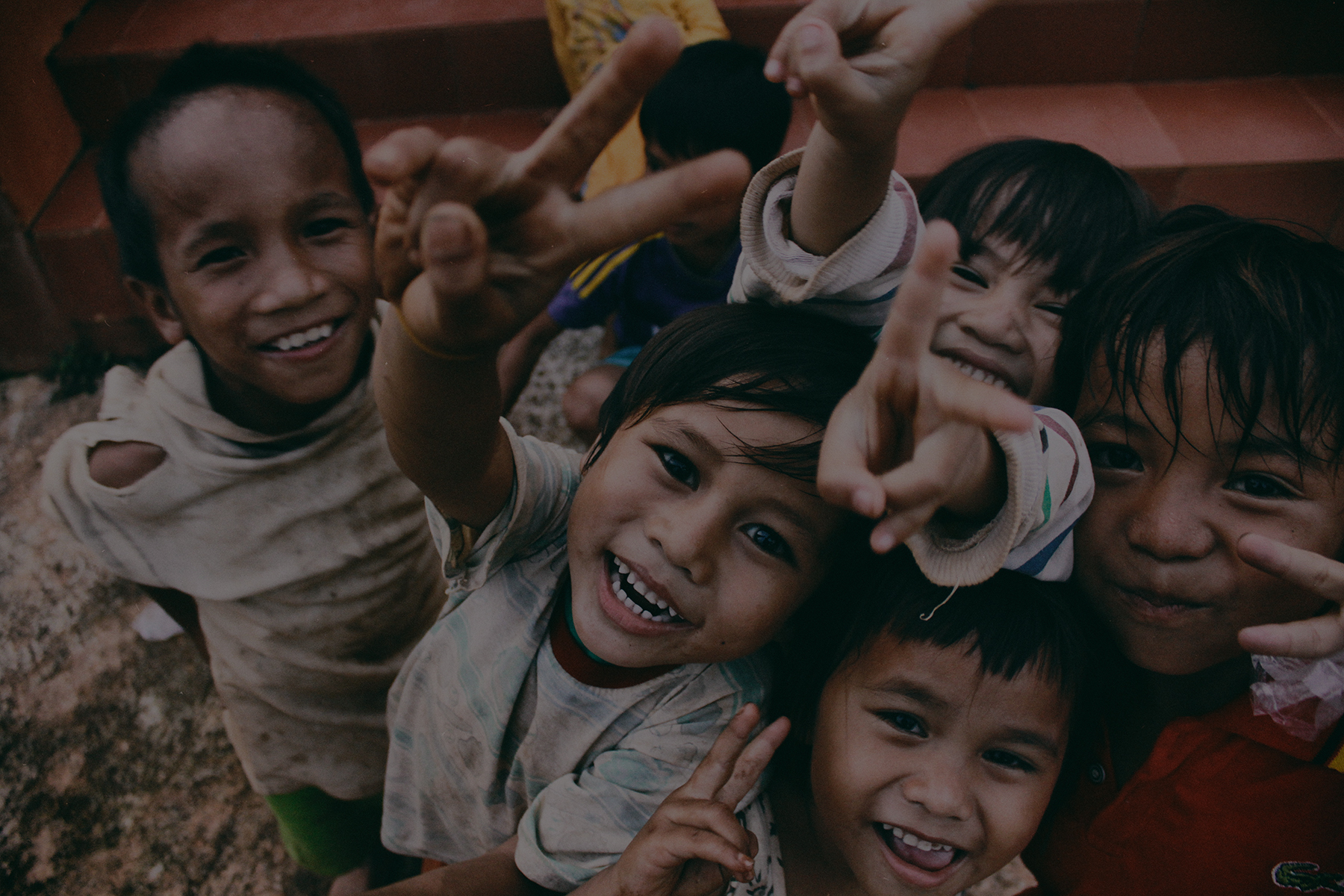The Government’s of South Asia came together on January 21-22 2010 to discuss vital steps they could take together to end violence against children.
This meeting was organized by Ratna Kaji Bajracharya, Joint Secretary and Coordinator of The South Asian Forum for Ending Violence against Children (SAF), Ministry of Women, Children and Social Welfare, Government of Nepal, in coordination with Hassan Shifau, Director of the South Asian Association for Regional Cooperation (SAARC) Secretariat, Bindra Hada Bhattarai, Secretary, Ministry of Women, Children and Social Welfare, Government of Nepal, Sarv Dev Prasad Ojha, Hon’ble Minister, Ministry of Women, Children and Social Welfare, Government of Nepal. In addition, government representatives from Afghanistan, Bangladesh, Bhutan, Nepal, Pakistan and Sri Lanka were the main participants. Apologies and regrets were sent from India and Maldives who could not be in attendance. Also in attendance were Save the Children, UNFPA and ECPAT, Plan, UNICEF, UNIFEM, and Planete Enfants.
The South Asian Forum for Ending Violence against Children (SAF) was set up in 2005 as an outcome of the Regional Consultation on the UN Study on Violence against Children held in Islamabad, Pakistan. The key partners include Government representatives from Afghanistan, Bangladesh, Bhutan, Maldives, Nepal, India, Pakistan and Sri Lanka. Civil society and girls and boys have also actively participated in the founding and development of SAF.
SAF focuses its work in four thematic areas including trafficking, child marriage, sexual abuse and exploitation and child protection and is supported by the South Asian Coordinating Group for Ending Violence Against Women and Children (SACG), a group of regional UN Agencies and INGOs which is Chaired by Save the Children Sweden, Regional Office for South and Central Asia. The SAF Secretariat is hosted by the Ministry of Women, Children and Social Welfare, Government of Nepal and is financially and technically supported by Save the Children Sweden, ROSCA.
Participants used this meeting to consolidate SAF and changed its name to the South Asian Initiative to End Violence Against Children (SAIEVAC). The participants also developed a ‘Kathmandu Commitment for Action’ to end violence against children and address the urgent issues of child marriage, child protection, child trafficking and child sexual exploitation. Participants also tried to understand the current role of SAARC in ending violence against children and addressed the ways in which SAF and SAARC could complement each other and how SAF could support SAARC in meeting its social policy objectives and comprehensively addressing violence against children.
All decisions made throughout the consultation were endorsed in a closing ceremony by the Minister and Secretary of Women, Children and Social Welfare of the Government of Nepal.
Sarv Dev Prasad Ojha, Hon’ble Minister, Ministry of Women, Children and Social Welfare, Government of Nepal stated, “I would also like to extend my gratitude and happiness in the transition of SAF and the creation of SAIEVAC as a new breed and I hope that we all will work together in making this a success. With the help of all the key actors like the UN, SAARC, Governments, NGOs, and children I believe we will make greater strides in battling violence against children in South Asia.”
Violence against girls and boys is a permeating problem in all South Asian countries. In South Asia, violence against children occurs throughout all walks of life, among all cultural, religious, ethnic and geographical income groups and in all settings including homes, communities, schools, workplaces, institutions, on the streets, and within the juvenile justice system.
Frequent natural disasters, political strife, civil unrests and armed insurgencies are widespread and delay the implementation of development plans. A lack of political will leaves many children unprotected from violence.
Poverty is e a challenge in South Asia and many areas of the region have weak and sporadic availability of basic social services in vital sectors such as health, water, and education. When such services are available, often marginalized groups suffer from low access.
Violence in South Asia is also caused by harmful traditional practices, societal based gender biases, and a lack of educational opportunities for many children. Discriminatory practices based on ethnicity, caste, language, gender and religion hamper development, increasing women, children and youth’s vulnerability to violence. The collaboration of Governments, Civil Society, Children, UN Agencies, and INGOs is an important step to reducing this violence and creating sustainable child protection systems throughout the region.
For more information on the decisions taken and commitments made throughout this meeting please download the Kathmandu Commitment to Action.




